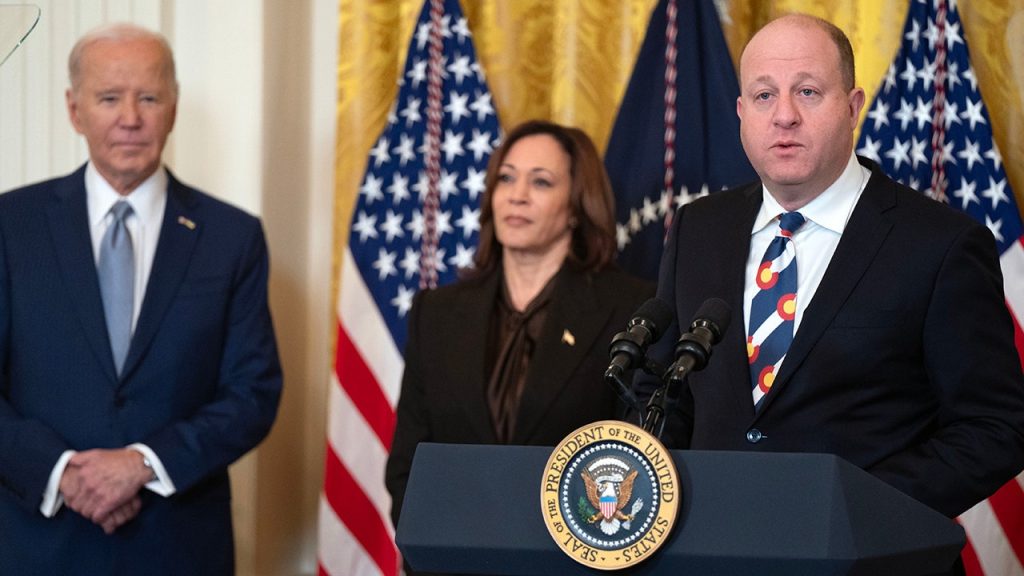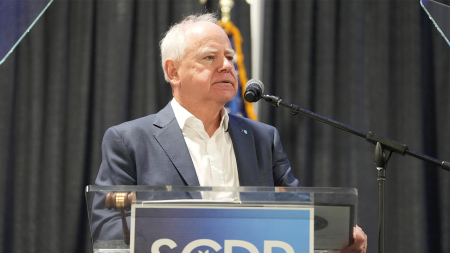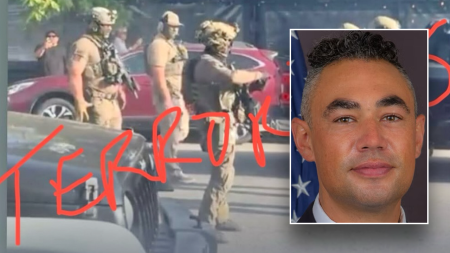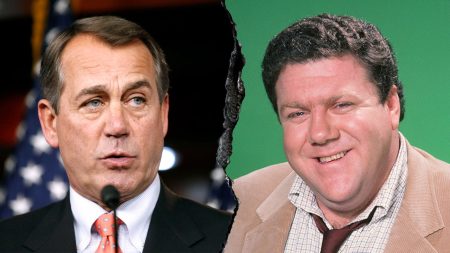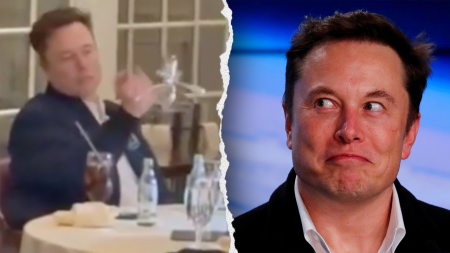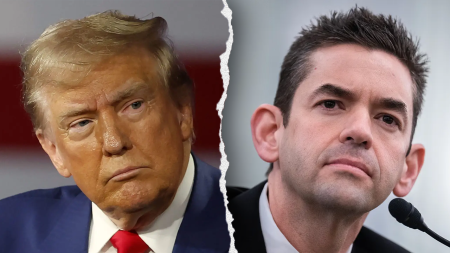Colorado Gov. Jared Polis criticized President Biden’s decision to pardon his son, Hunter Biden, accusing him of putting his family ahead of the country. Polis stated that while he understands Biden’s natural desire to help his son, the pardon sets a bad precedent that could be abused by future presidents. He emphasized the importance of upholding the principle that no one, not even a president or a president’s son, is above the law. Polis referenced the Latin term “Pater familias,” which means head of the household, in his criticism of Biden’s actions.
President Biden announced the pardon for Hunter Biden, who was convicted in two separate federal cases earlier in the year. The pardon applies to offenses against the U.S. committed by Hunter Biden from Jan. 1, 2014, to Dec. 1, 2024. Biden stated that he signed the pardon for his son and emphasized that he had promised not to interfere with the Justice Department’s decision-making. He claimed that Hunter had been unfairly and selectively prosecuted and accused prosecutors of treating his son differently. The president cited examples where individuals in similar situations as Hunter were typically given non-criminal resolutions.
Hunter Biden responded to his pardon by stating that his mistakes had been exploited for political gain and that he would never take the pardon for granted. He expressed gratitude for his father’s decision to pardon him and acknowledged the challenges he faced. Biden’s pardon of his son has drawn harsh criticism from lawmakers, with many questioning the fairness and justice of the decision. Gov. Polis emphasized the importance of upholding the rule of law and ensuring that everyone, regardless of their status, is held accountable for their actions.
The announcement of Hunter Biden’s pardon by the White House on Sunday night sparked controversy and debate among politicians and the public. Critics argue that the pardon sets a dangerous precedent and undermines the principles of justice and accountability. President Biden defended his decision by highlighting what he perceived as unfair treatment of his son by prosecutors and emphasizing his commitment to keeping his word not to interfere with the Justice Department’s decisions. The debate over the pardon highlights the complexities and challenges of balancing personal relationships with public responsibilities.
The issue of presidential pardons and the power wielded by the president to grant clemency to family members and associates is a controversial and divisive topic in American politics. Critics argue that there is a risk of abuse of power and favoritism when presidents pardon their family members, while supporters defend the right of the president to exercise this authority. The debate over Hunter Biden’s pardon reflects broader discussions about the limits of presidential power, the importance of transparency and accountability in government, and the need to uphold the rule of law. The controversy surrounding the pardon is likely to continue as politicians and the public grapple with questions of fairness, justice, and political influence in the criminal justice system.
In conclusion, the pardon of Hunter Biden by President Biden has sparked criticism and debate, with Gov. Jared Polis among those questioning the decision. The controversy highlights broader issues surrounding presidential power, accountability, and fairness in the criminal justice system. While President Biden defended his decision to pardon his son, critics argue that the move sets a dangerous precedent and undermines the rule of law. The debate over the pardon is likely to continue as politicians and the public grapple with questions of justice, transparency, and the balance between personal relationships and public responsibilities in government.




